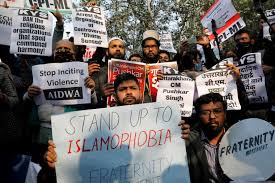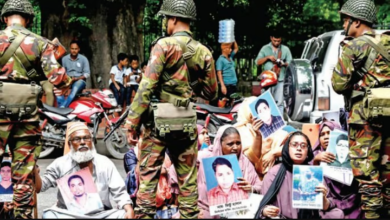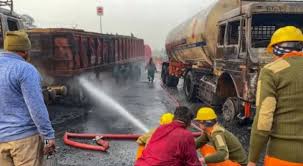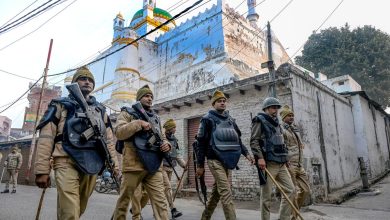151 MPs/MLAs, mostly from BJP, face cases of crime against women in India
 New Delhi: As India has not recovered from forceful protests over the rape and murder of a doctor in a state-run hospital in Kolkata, a fresh report has revealed that 151 sitting MPs and MLAs have cases related to crimes against women, with the BJP accounting for one-third of such lawmakers in India.
New Delhi: As India has not recovered from forceful protests over the rape and murder of a doctor in a state-run hospital in Kolkata, a fresh report has revealed that 151 sitting MPs and MLAs have cases related to crimes against women, with the BJP accounting for one-third of such lawmakers in India.
According to Kashmir Media Service, the by the Association for Democratic Reforms (ADR) and National Election Watch (NEW which analyzed the election affidavits of 4,693 out of 4,809 lawmakers (755 out of 775 MPs and 4,033 out of 4,693 MLAs), the cases of crime against women include; assault or criminal force on a woman with intent to outrage her modesty, kidnapping, abducting, or inducing her to compel her marriage, rape, cruelty, buying minors for purposes of prostitution,
words, gestures, or acts intended to insult the modesty of a woman.
Of the 151 lawmakers facing charges of crime against women, 16 are MPs, while the rest (135) are MLAs. The report shows that the BJP has the highest number of sitting MPs and MLAs with crime against women charges (54).
West Bengal tops the list with 25 sitting MPs and MLAs facing charges related to crimes against women, followed by Andhra Pradesh (21) and Odisha (17). This report comes amid protests in India over the rape and murder of a trainee doctor in a state-run hospital in Kolkata and the sexual assault of two children in Thane city, Maharashtra.
According to the report, 16 sitting MPs and MLAs have declared cases related to rape under the Indian Penal Code (IPC), which carries a minimum sentence of 10 years and can be extended to life imprisonment. Of these, two are MPs and 14 are MLAs. The charges include repeated offenses against the same victim, further underscoring the gravity of these cases.
The report calls for fast-tracking of court cases against MPs and MLAs, ensuring professional and thorough investigations by police, political parties to declare reasons why candidates with criminal cases are given tickets to contest elections and voters to desist from electing candidates with self-declared cases related to crime against women and other heinous crimes.








